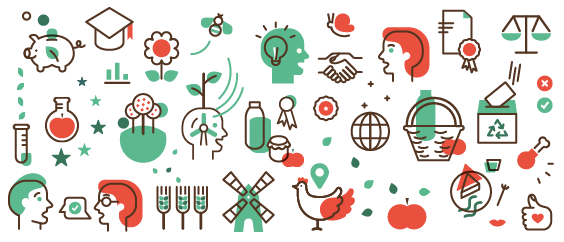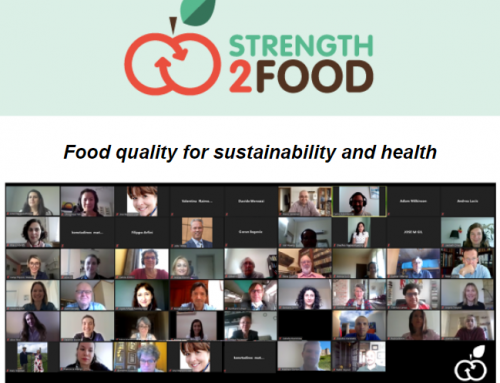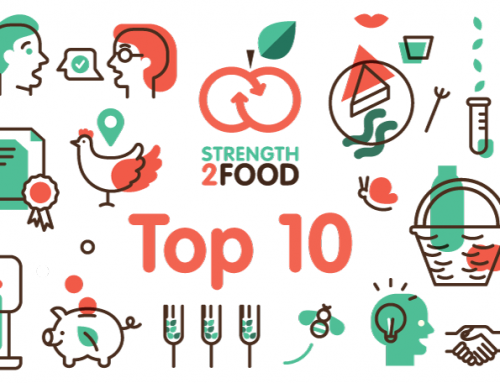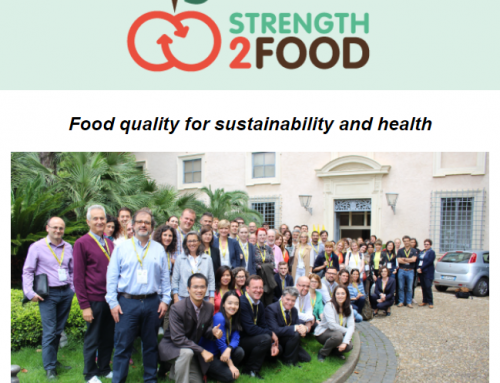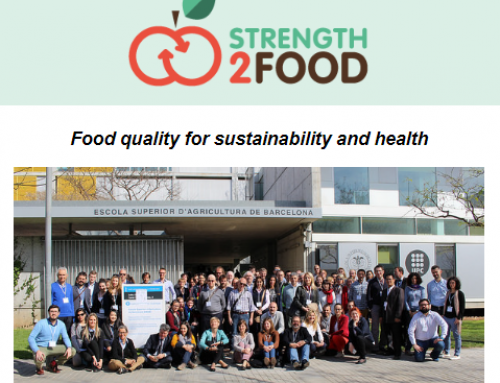A word from the project coordinator, Prof Matthew Gorton
As the Strength2Food project embarks on its final year, our attention focuses on drawing policy conclusions, learning the lessons from our intervention pilot studies, communication, and developing tools for practitioners and policy makers. Regarding conclusions, a Delphi study evaluated, refined and verified the factors that determine the success or failure of food quality schemes, public sector food procurement and short food supply chains.
Partners are currently developing strategic guides for practitioners regarding Geographical Indications (GIs), public sector food procurement and short food supply chains. We are working with non-academic partners to develop these guides including the Association of European Regions for Products of Origin (AREPO) for GIs and Public Sector Catering regarding school meals. A joint AREPO and Strength2Food workshop discussed recommendations for improving the sustainability and the economic value of GIs.
Our pilot intervention studies have involved academic and non-academic partners working together to solve problems through action learning. These pilots have achieved much, including creating BioLogika, Serbia’s first organic cooperative, to supply schools with organic products.
Improving the diets of children is an important task, as behaviours developed in childhood persist into adult life. Strength2Food prepared extensive educational resources. Resources for Serbian teachers, school meal providers, children and parents are available from a dedicated site and include menu plans, videos, posters and other learning materials.
As I write this, Europe is facing up to the negative economic, social and psychological effects of the Covid-19 pandemic. Many people have lost their loved ones, jobs, businesses and social connections. Food poverty is increasing globally. I would like to finish therefore by noting the hard work of Strength2Food partner Food Nation in trying to mitigate some of the negative economic and psychological effects of the Covid-19 pandemic in the north-east of England. They have served more than 11,400 free meals and run a men’s pie club which is helping overcome social isolation. At a very difficult time, the dedication of community groups and social enterprises stands out.
Read the full newsletter here


